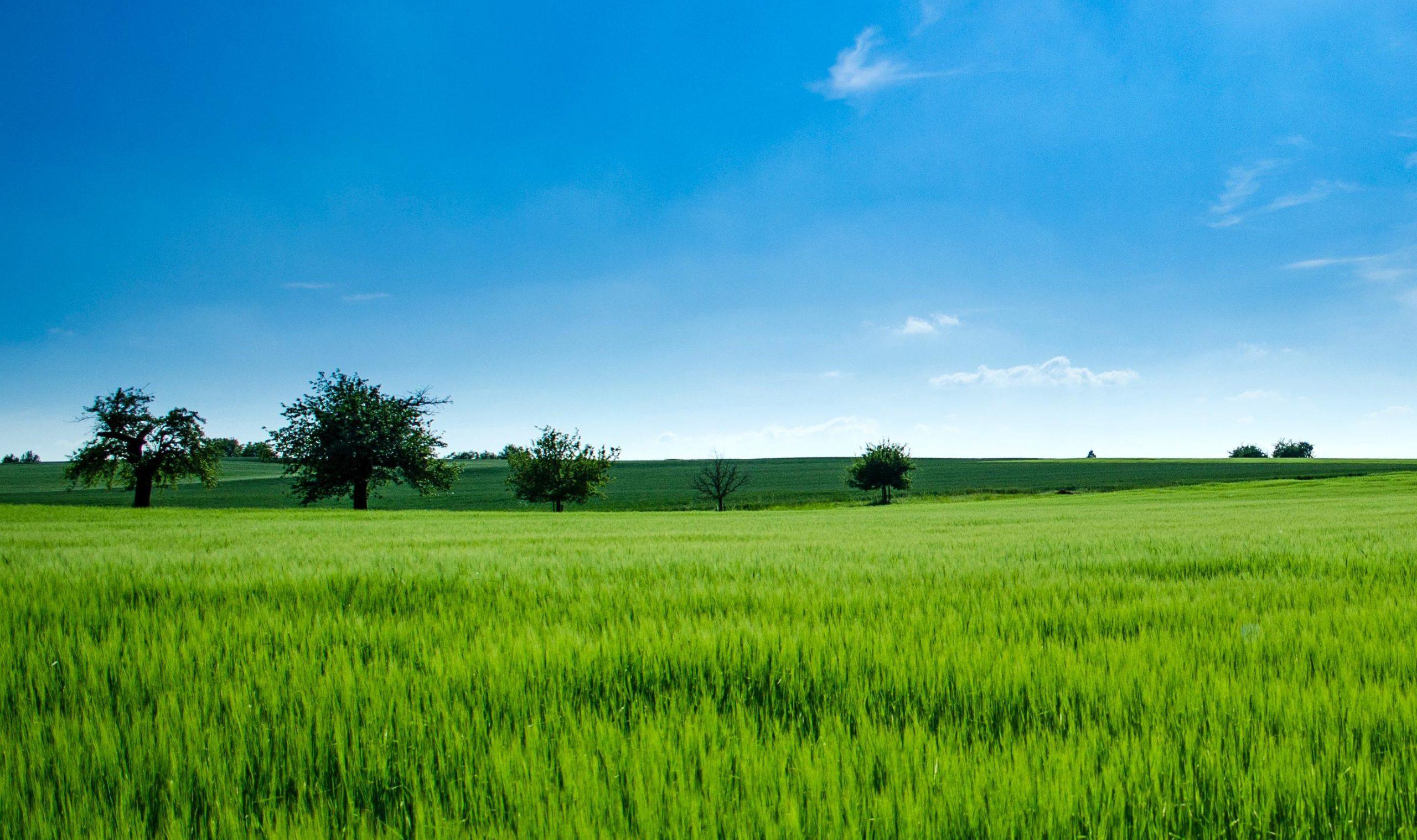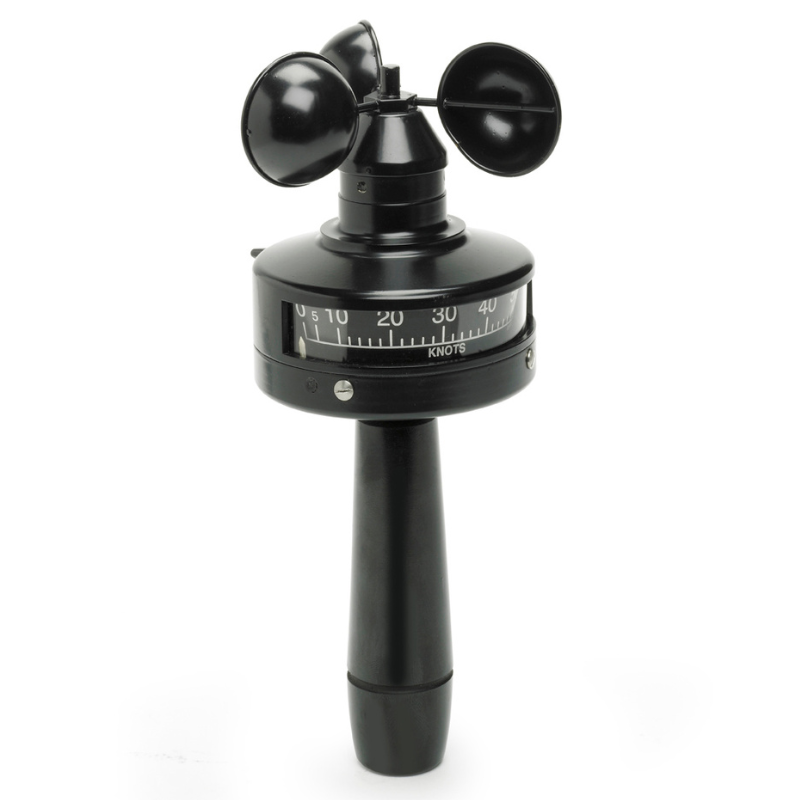Productivity in agriculture relies on the weather. The growth and harvest of plants is a response both to genetics and the surrounding environment. With careful planning and research, agrometeorologists help farmers meet the world’s demands for food and other agricultural products. Unpredictable weather patterns, because of climate change and other meteorological phenomena, has increased the need for precise weather data Using meteorological equipment
Farmers pay close attention to rainfall. Too much can overexpose and ruin a crop, whereas too little may cause it to dehydrate and die. By predicting the weather farmers can identify when to plant and water a crop. During rainfall they can cover their crop with plastic sheeting and postpone the sowing of other produce.
Measuring soil moisture using a humidity and temperature sensor
In reflection of this, Gambia typically stores their groundnuts outside and if the pods get wet they are highly susceptible to develop aflatoxin, which can completely ruin crop; to avoid this happening farmers cover the nuts with plastic sheeting. More rigorous ways of accessing rainfall link to irrigation which involves taking water balance calculations, estimating the infiltration of water within crop, measuring evapotranspiration and soil moisture. In particular, soil moisture can be measured by using a Soil Moisture & Temperature Sensor and this helps to deduce whether the soil has enough water retained in it to help the crops grow.
Impact on agriculture
Aside from the effects of rainfall, there are many other aspects of meteorology that affect agriculture. Wind and humidity can drastically affect crops through events such as forest fires and by observing these weather issues agriculturalists can control the burning and prevent the spread of fire. This in turn will allow for farming animals to graze on unharmed crops, providing more money to the economy. Moreover wind can also be measured in less endangering occurrences, such as strong gusts, and in such an event fixtures will need to be attached to crops to allow them to stay upright and not damage. Another basic practice which can be implemented into a farmers day to day routine is planting crops near shady areas, such as large trees, and by doing so they can ensure their plants are not overly exposed to sunlight and grow to their full capacity. Therefore, by applying this rationale to farming, farmers can increase yield and produce larger, quality harvests.







